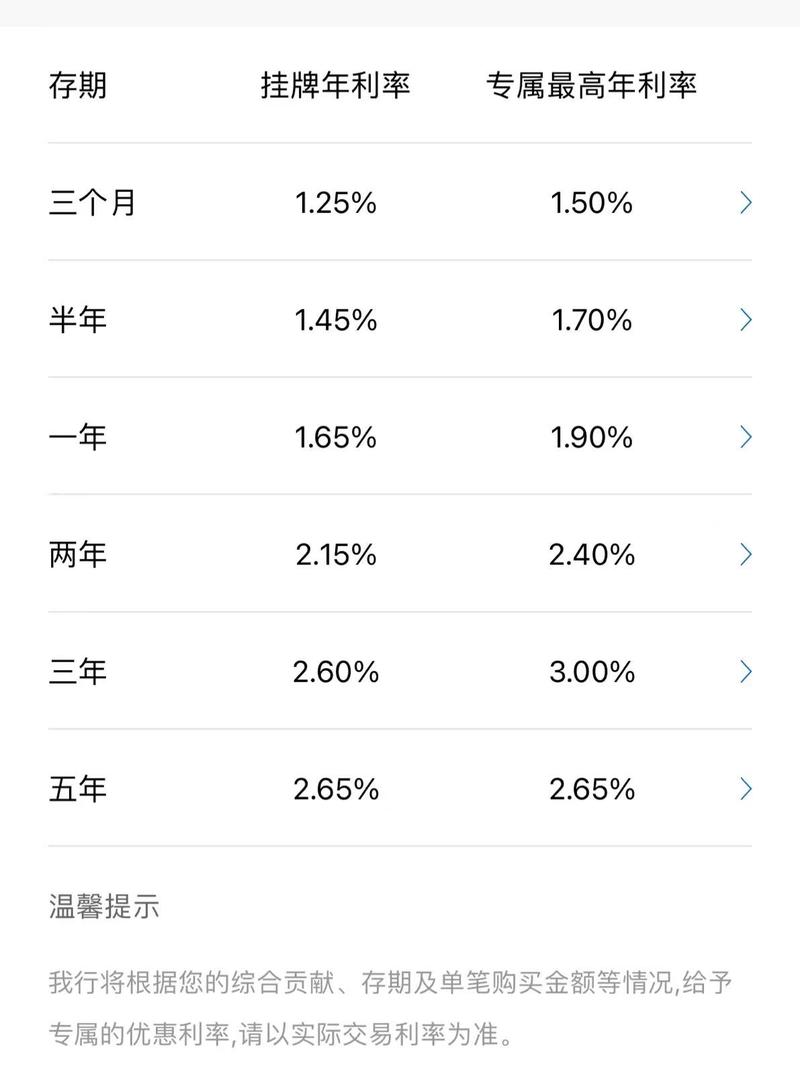研究生英语语言文学专业
Title: Navigating the Realm of EnglishChinese Language and Literature Studies
Embarking on the journey of EnglishChinese Language and Literature studies as a graduate student opens doors to a realm of rich cultural exchange, linguistic exploration, and literary analysis. This interdisciplinary field delves into the intricacies of both English and Chinese languages, literature, and their interconnectedness, offering a profound understanding of two of the world's most influential literary traditions. As you navigate through this academic landscape, it's essential to grasp key concepts, methodologies, and resources to excel in your studies and contribute meaningfully to the field.
EnglishChinese Language and Literature studies is inherently interdisciplinary, drawing from linguistics, literary theory, cultural studies, translation studies, and comparative literature. As a graduate student, embrace this interdisciplinary nature by exploring diverse perspectives and methodologies. Engage with scholars and researchers from various disciplines to broaden your understanding and approach to your research.

Language lies at the heart of EnglishChinese Language and Literature studies. Delve into the linguistic dynamics between English and Chinese, including comparative grammar, phonetics, semantics, and sociolinguistics. Understanding the structural and functional differences between the two languages will enrich your analysis of literary texts, translation studies, and crosscultural communication.
Literary analysis forms a significant component of your studies. Dive deep into the works of English and Chinese literature, spanning different genres, periods, and cultural contexts. Develop critical reading skills to dissect texts, uncover underlying themes, motifs, and narrative techniques. Comparative literary analysis allows you to identify parallels, contrasts, and influences between English and Chinese literary traditions.
Translation serves as a bridge between languages and cultures. Hone your translation skills by practicing both English to Chinese and Chinese to English translation. Pay attention to nuances of meaning, cultural references, and linguistic equivalences. Familiarize yourself with translation theories and methodologies to produce accurate and culturally sensitive translations.
Cultural context plays a pivotal role in understanding and interpreting literary works. Explore the historical, social, and political contexts that shape English and Chinese literature. Analyze how cultural values, beliefs, and traditions influence literary production and reception. Engage with cultural studies to gain insights into the interplay between language, literature, and society.
Take advantage of digital resources and technologies to enhance your research and scholarship. Access online databases, digital archives, and scholarly journals for academic literature and primary sources. Utilize digital tools for textual analysis, corpus linguistics, and computerassisted translation. Stay updated with advancements in digital humanities to incorporate innovative approaches into your research.
Networking is crucial for academic and professional growth. Attend conferences, seminars, and workshops related to EnglishChinese Language and Literature studies to connect with fellow scholars, researchers, and practitioners. Join academic associations and societies to stay connected with the latest developments in the field. Collaborate on research projects and publications to expand your academic portfolio.
As you embark on your journey as a graduate student in EnglishChinese Language and Literature studies, embrace the interdisciplinary nature of the field, delve into linguistic dynamics, analyze literary texts with depth, master translation techniques, embrace cultural contexts, utilize digital resources, and build professional networks. By immersing yourself in this vibrant academic community, you'll contribute to the enrichment of crosscultural understanding and appreciation of English and Chinese languages and literatures.










